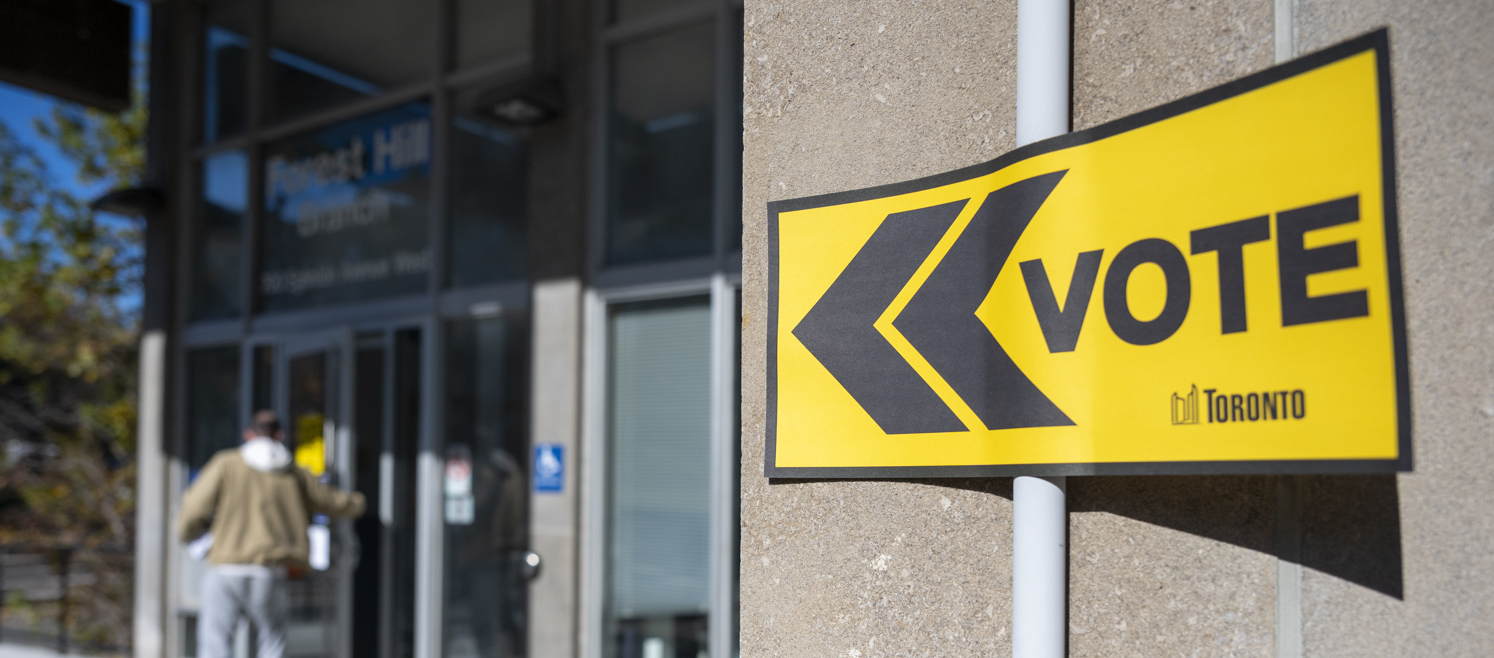Mayor City Election as a part of Democracy
Mayor City Election as a part of Democracy
Blog Article
Mayor City Election as a part of Democracy
Mayor city elections play a crucial role in the broader democratic governance of a community. They are a key component of local democracy, providing residents with the opportunity to participate in the selection of a leader who will represent their interests and make decisions that impact the city. Here are several ways in which mayor city elections contribute to the democratic process:
Representation of Local Interests:
Mayor city elections allow residents to choose a leader who can effectively represent the diverse interests and needs of the local community. The elected mayor is expected to advocate for the well-being of the city and its residents.
Accountability and Transparency:
By participating in mayor city elections, citizens contribute to holding local government accountable. Elected mayors are accountable to the electorate, and the democratic process encourages transparency in decision-making and governance.
Citizen Participation:
mayor dave shawver stanton elections provide an avenue for citizen participation in the democratic process. When residents actively engage in voting and other political activities, they contribute to the legitimacy and effectiveness of local government.
Local Governance Decisions:
Mayors, once elected, are responsible for making or influencing decisions that affect the day-to-day lives of citizens. This includes decisions related to local infrastructure, public services, economic development, and more. By participating in elections, citizens have a say in who leads these decision-making processes.
Responsive Leadership:
The democratic election of mayors ensures that the leaders are responsive to the needs and concerns of the community. Elected officials are more likely to be attuned to the local context and responsive to the evolving priorities of the residents.
Political Pluralism:
Mayor city elections contribute to political pluralism by allowing for a diversity of candidates and ideas. This diversity enriches the democratic discourse and ensures that a range of perspectives is considered in local governance.
Community Building:
The election process fosters a sense of community engagement and shared responsibility. It encourages residents to come together to discuss local issues, debate policy proposals, and actively participate in shaping the future of their city.
Empowerment of Local Communities:
Local democracy, as exemplified by mayor city elections, empowers individuals and communities to have a direct impact on the governance of their immediate surroundings. It emphasizes the importance of grassroots involvement in decision-making.
Democratic Principles:
mayor dave shawver stanton elections embody fundamental democratic principles such as the right to vote, equal representation, and the peaceful transfer of power. These principles contribute to the overall health and stability of democratic governance.
Adaptability to Local Needs:
Local elections, including mayoral elections, are more adaptable to the unique needs and characteristics of specific cities. This flexibility allows for tailored solutions and policies that address the specific challenges and opportunities faced by each community.
In summary, mayor city elections are an integral part of the democratic fabric, providing a platform for citizens to express their preferences, ensuring accountability in local governance, and fostering a sense of community engagement and empowerment.
